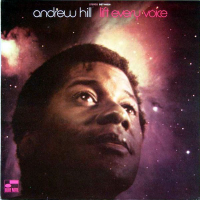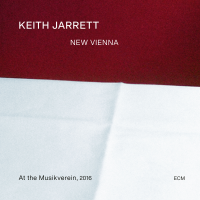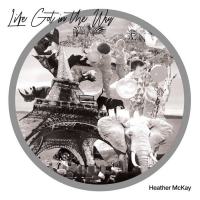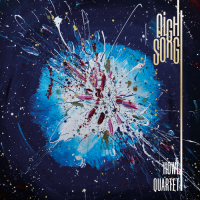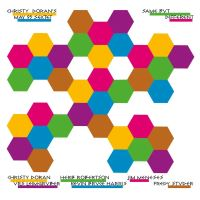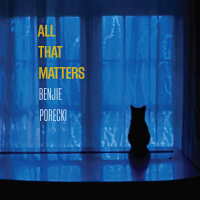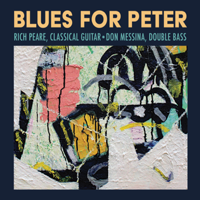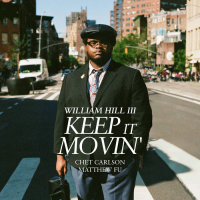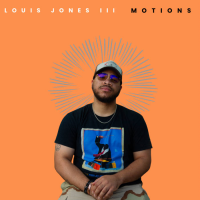Home » Jazz Articles » Album Review » Andrew Hill: Lift Every Voice
Andrew Hill: Lift Every Voice
Like the 2000 reissue of 1968's Grassroots, this package includes not merely bonus tracks but a complete bonus session, from nearly a year later, never before released. Presumably Blue Note, or Hill himself, weighed the two finished products and went with the first. But unlike Grassroots, none of the six discarded tunes are repeats from the released session. They're entirely different, and so is the lineup: Lee Morgan on trumpet, Bennie Maupin on tenor saxophone, Hill on piano, Ron Carter on bass, and Ben Riley on drums. Interestingly, while the choir (expanded from seven to nine pieces) is utilized in much the same way, the songs are generally not as abstruse and seem to issue from a more orderly part of Hill's mind. Bennie Maupin's presence is of enormous interest, for here he was blowing fabulous straight-ahead tenor (check out "Drew's Tune" and "Mother Mercy") several months after he participated in the making of Bitches Brew.
Leonard Feather speculates in his original liner notes, "What will [Hill] be doing in 1980 if he continues to evolve at his present pace?" We chuckle, because of course Hill continues to evolve and it's already 2001. His presence on the scene has been intermittent but is now on an upswing, and his writing and playing are as strong as ever. One hears echoes of Lift Every Voice in the cut-and-paste methodology and wild eclecticism of his new big band, which premiered at New York's Jazz Standard back in January and is rumored to be recording an album in the near future. When we hear the choir on "A Tender Tale" repeatedly intone back in 1970, "Let the new world begin now," we have the benefit of knowing that indeed Hill continued to create new worlds and still does. Imagine what he'll be doing in 2010.
Track Listing
Hey Hey; Lift Every Voice; Two Lullabies; Love Chant; Ghetto Lights;
Personnel
Andrew Hill
pianoTracks 1-5: Woody Shaw, trumpet; Carlos Garnett, tenor saxophone; Andrew Hill, piano; Richard Davis, bass; Freddie Waits, drums; Lawrence Marshall, LaReine LaMar, Gail Nelson, Joan Johnson, Benjamin Franklin Carter, Antenett Goodman Ray, Ron Steward, voices
Tracks 6-11: Lee Morgan, trumpet; Bennie Maupin, tenor saxophone, flute, bass clarinet; Andrew Hill, piano; Ron Carter, bass; Ben Riley, drums; Lawrence Marshall, LaReine LaMar, Gail Nelson, Joan Johnson, Lillian Williams, Benjamin Franklin Carter, Hugh Harnell, Milt Grayson, Ron Steward, voices
Album information
Title: Lift Every Voice | Year Released: 1970 | Record Label: Blue Note Records
Tags
PREVIOUS / NEXT
Support All About Jazz
 All About Jazz has been a pillar of jazz since 1995, championing it as an art form and, more importantly, supporting the musicians who make it. Our enduring commitment has made "AAJ" one of the most culturally important websites of its kind, read by hundreds of thousands of fans, musicians and industry figures every month.
All About Jazz has been a pillar of jazz since 1995, championing it as an art form and, more importantly, supporting the musicians who make it. Our enduring commitment has made "AAJ" one of the most culturally important websites of its kind, read by hundreds of thousands of fans, musicians and industry figures every month.


